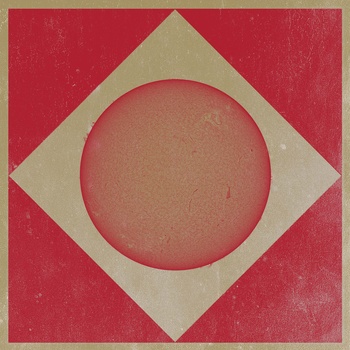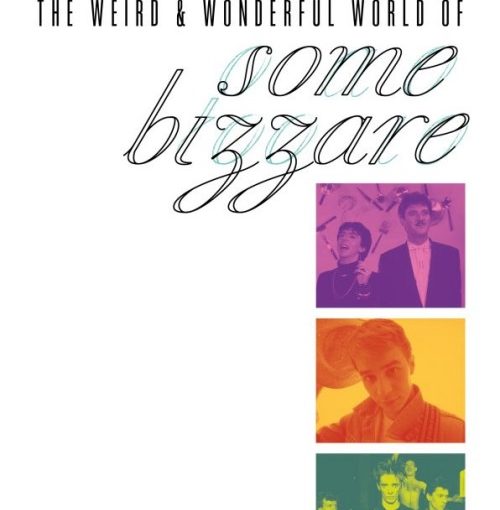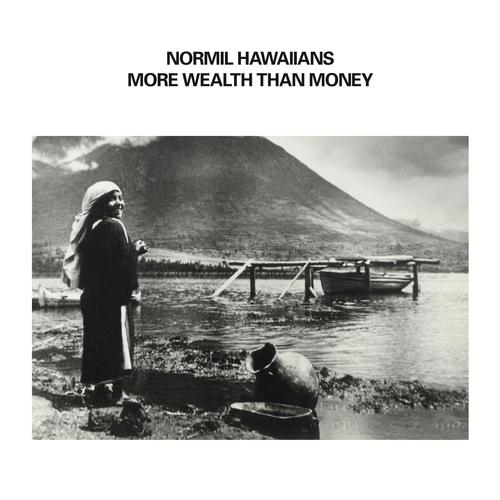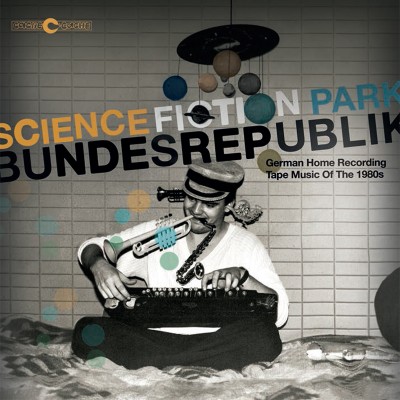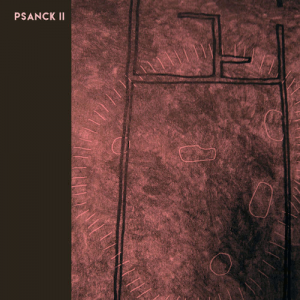 On their second album, Psanck turn in a sprawling yet concise document of impressionistic free improv and modern minimalism, transporting you to some mud-spattered Welsh village to witness an ancient, timeless ritual.
On their second album, Psanck turn in a sprawling yet concise document of impressionistic free improv and modern minimalism, transporting you to some mud-spattered Welsh village to witness an ancient, timeless ritual.
If we accept the premise that The Velvet Underground essentially spun the genome for avant-rock from the base proteins of La Monte Young‘s top-shelf minimalist music, early rock ‘n roll’s drug-addled electric fury, to the free jazz of Ornette Coleman and Cecil Taylor, it would only stand to reason that those genetics would morph and mutate in all manner of unexpected ways. For every would-be glam rock revivalist, surfing on the waves of NYC’s musical heritage, there’s going to be just as many weaving avant-rock’s RNA into new, headswirling, trance-inducing takes on folk primitivism and academic modern composition.
Psanck are a free-improv trio from some under-sung luminaries of the musical sub-underground. Cornetist/field recorder/electronics manipulator Alistair Strachan has done time in UK psych burnouts They Came From The Stars (I Saw Them), though Chris Parfitt is not the same guitarist who used to sling axe for The Apples In Stereo. Somehow, the combination of psychedelic music, of all eras, run through a musique concrète cheese grater makes sense for these ten short tracks of trancey woodwinds, strings, primitive percussion and manipulated recordings. Chococlate Monk‘s press release for Psanck II as “as the soundtrack to a film about a sleep-deprived desert castaway struggling with mixed feelings about a residual tail, no one would blame either of us for asking if the rescue UFO at the end seemed realistic”. Personally, I’m getting more of a Middle Age village vibe here, like something from TS Eliot‘s The Four Quartets by way of Bela Tarr‘s Hard to Be A God. There is a sense of pastoral ritualism at play here, similar in vibe to the Middle Eastern pilgrim trance of Steven R Smith, with a similar blend of traditional stringed instruments splayed out in non-musical ways, seeped in a kind of gothic mysticism and Gnostic vision quests.The press release also speaks of Psanck II slipping “unscathed between the ribbons of razor wire that separate blue chip avant garde chamber ensembles from the nonmusical and unwashed ineptitudes who jostle household objects for a living”. That’s apt, and a large part of what makes this record so great. Kev Nickells‘s scraping violin and Chris Parfitt’s reedy clarinet are laced with all manner of ritualistic shakers and anonymous-sounding noisemakers, like someone’s house keys. It gives the album a dense, layered quality that rewards repeat listens, as well as speaking to the organic interplay between live musicians that makes improv music so vital and interesting.
On Psanck II, they have achieved the nearly impossible — creating an album of utterly listenable, compelling, imaginative free improv. If you’ve ever spent any time digging the crates of budget bin improv records, you’ll know this is no mean feat. The genre is absolutely riddled with shite recordings of abrasive, aimless post-jazz wankery and squealing, pealing power electronics that probably sounded “avant” in 1967. The performances may’ve sounded transcendent if you happened to be in whatever drywalled, white-washed gallery space or dingy basement where the performance occurred but, more often than not, the magick just doesn’t translate.Instead, Psanck’s music is actually visionary and transportive, transferring you to some astral village, full of thatched roofs and secrets. It’s a much-needed shot in the arm for a genre that should be exciting, invigorating, challenging and thought-provoking, but all too often isn’t.
Psanck II is out now as an uber-limited CDr from the ever-essential Chocolate Monk. Don’t sleep! It’s a lovely artifact, guaranteed to offer you untold hours of vision questing.
-J Simpson-
